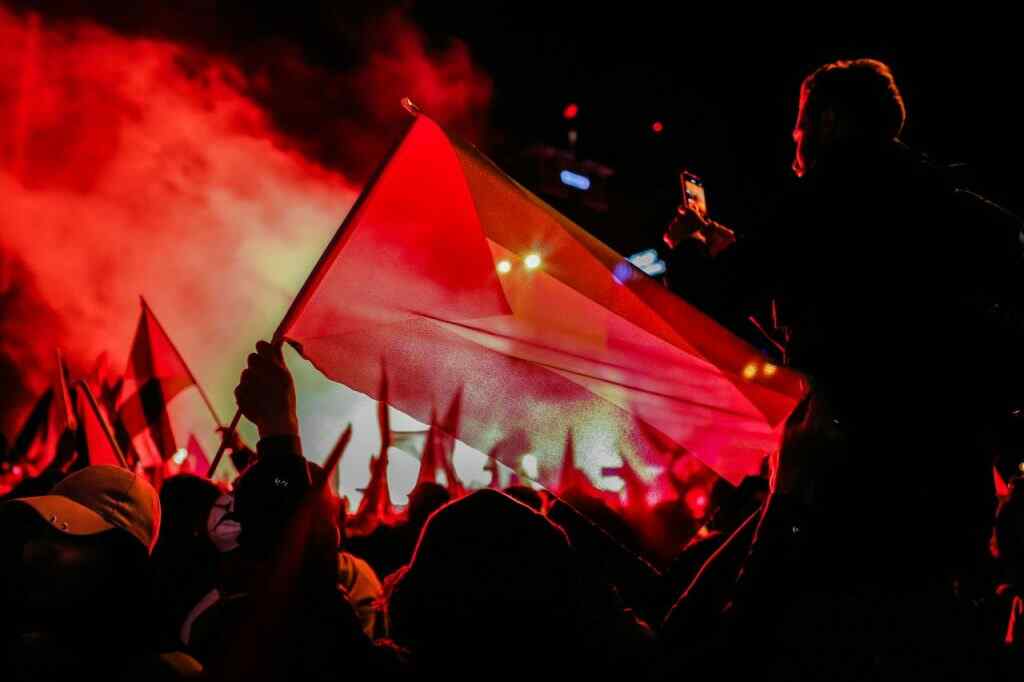Stalled Hostage Negotiations and Gaza Offensive Intensify: A Bleak Outlook for Peace
Hamas Conditions Rejected, Hostage Return Unlikely
The ongoing conflict in Gaza has taken a grim turn as the prospect of releasing the remaining Hamas-held hostages dwindles. Sami Abu Zuhri, a Hamas official, asserted that Benjamin Netanyahu’s refusal to end the military offensive in Gaza effectively eliminates the possibility of hostage return. Netanyahu faces mounting pressure to secure hostage release, but he has dismissed Hamas demands, which include withdrawal from Gaza, release of prisoners, and leaving Hamas intact. The families of the hostages have staged a protest outside Netanyahu’s residence, demanding action and a clear statement on the government’s position.
Previous Ceasefire Efforts and Hostage Exchange
In November, a deal brokered by the United States, Qatar, and Egypt facilitated the release of over 100 hostages from Hamas captivity in exchange for 240 Palestinian prisoners. However, subsequent attempts to secure a ceasefire have failed, leading to concerns about the protracted conflict.
Netanyahu’s Stance on Palestinian Statehood and Security
Netanyahu has reiterated his commitment to maintaining full Israeli security control west of the Jordan River, effectively rejecting the notion of a Palestinian state. This stance contradicts US President Joe Biden’s call for a Palestinian state and raises questions about the feasibility of a lasting peace agreement.
Civilian Casualties and International Condemnation
The situation in Gaza has reached a dire level, with the Gaza health ministry reporting a staggering 25,000 Palestinian deaths due to Israel’s offensive, a significant proportion being women and children. UN Secretary-General António Guterres expressed deep concern over the scale of civilian casualties, describing it as “heartbreaking and utterly unacceptable.” Guterres denounced Israel’s military operations at a global summit in Kampala, Uganda, emphasizing the unprecedented destruction and civilian deaths witnessed during his tenure.
International Response and Diplomatic Efforts
The international community, including the United States and the United Nations, continues to call for an immediate ceasefire and the protection of civilians. Diplomatic efforts aim to mediate a resolution to the conflict and address the underlying issues fueling the violence.
Uncertain Future and Prospects for Peace
The ongoing conflict in Gaza and the stalled hostage negotiations highlight the complex and challenging nature of the Israeli-Palestinian conflict. The international community faces the daunting task of fostering dialogue, de-escalating tensions, and finding a path toward a just and lasting peace. The year 2024 presents a critical juncture, with the prospect of hostage release fading, the offensive in Gaza intensifying, and international concern mounting. The unwavering positions of both sides underscore the need for renewed diplomatic efforts, a commitment to protecting civilians, and a comprehensive approach to addressing the root causes of the conflict.
Conclusion
The year 2024 presents a critical juncture in the Israeli-Palestinian conflict, with the prospect of hostage release fading, the offensive in Gaza intensifying, and international concern mounting. The unwavering positions of both sides underscore the need for renewed diplomatic efforts, a commitment to protecting civilians, and a comprehensive approach to addressing the root causes of the conflict. The international community must play a proactive role in facilitating dialogue, promoting human rights, and fostering a path toward peaceful coexistence.
